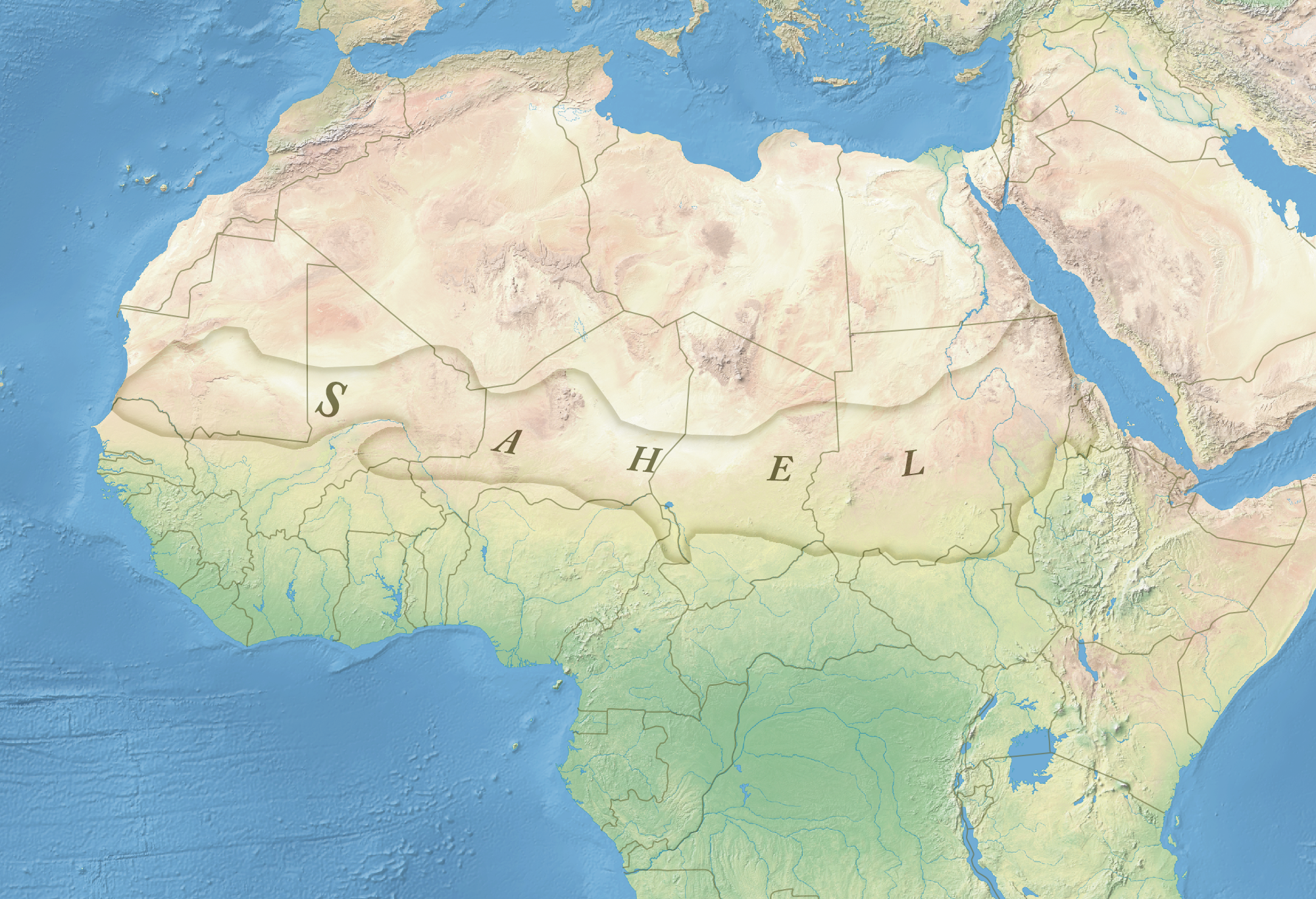
Chad’s Role Fighting Terrorism in the Sahel
Last week, three UN troops from Chad were killed in a roadside bomb in Mali, serving as a grim reminder of Chad’s role in providing troop’s throughout the Sahel. These troops are key to fighting terrorism in the region. The need for enforcement is even more desperate as focus on COVID-19 has given terrorist groups the opportunity to increase coordination and cooperation in attacks. However, Chad has indicated it may take on a smaller role in addressing terrorist groups following a horrific confrontation in late March.
Chad’s Role in Anti-Terrorism Operations in the Sahel
Chad carries a heavy responsibility in stifling terrorist activity in the Sahel. Its armed forces are known to be the most effective in the region, especially in fighting terrorists. Recently, Chadian army officials reported their forces have killed 1,000 Boko Haram extremists around Lake Chad in an operation launched on March 31
Chad participates in three key anti-terrorist forces: Multinational Joint Task Force (MNJTF), United Nations Multidimensional Integrated Stabilization Mission in Mali (MINUSMA), and G5 Sahel.
Chad is a key contributor to the MNJTF, but it also includes forces from Benin, Cameroon, Niger, and Nigeria. Forged in 2015, the task force tackles Boko Haram’s siege on the Lake Chad region, which is of particular interest to Chad. Lake Chad is a critical resource for communities in Chad, most notably it is home to 200,000 internally displaced people –the largest refugee population in the Sahel. Simultaneously, the density of economically vulnerable individuals makes it extremely attractive to Boko Haram recruiters.
The MINUSMA was created by the UN after the 2012 Mali rebellion and is known to be the deadliest UN mission as Islamist fighters that emerged out of the chaos continuously attack peacekeepers. Chad is the largest troop contributor to the mission, with more than 1,400 soldiers present.
The G5 Sahel is a French-backed institution that is supposed to ease the region’s dependence on French troops to fight jihadists. The G5 Sahel countries include Niger, Mali, Chad, Burkina Faso, and Mauritania. However, its presence has resulted in little progress, with obstacles including funding, training, and equipment impacting their ability to provide adequate security.
Chad’s Frustration with Partners
In the biggest military loss in Chadian history, an MNJTF raid on March 23 resulted in the death of 92 Chadian troops by Boko Haram militants. President Idriss Deby told national TV,”Our troops have died for Lake Chad and the Sahel. From today, no Chadian soldiers will take part in a military mission outside Chad.”
The statement vocalizes the increasing burden on Chad’s forces that has worsened with the pandemic. As France grapples with the spread of COVID-19 in its borders, the G5 force requested that Chad send additional troops “as soon as possible”. Bakary Sambe, a security expert at the Timbuktu Institute, stated: “Chad remains the fallback solution for both the G5 Sahel and France.”
The Deby administration has had continuous frustration concerning their imbalanced partnerships. Back in 2015, Chad accused the UN of failing to provide support in MINUSMA after a roadside bomb killed 5 Chadian UN troops –an incident markedly similar to the roadside bomb attack mentioned earlier which also killed mostly Chadian troops. Recently, Deby complained, “Chad is alone in shouldering all the burden of the war against Boko Haram.”
Balance the costs
Despite President Idriss Deby utilizing Chad’s role to pressure his partners in other political issues, Chad continues bearing the most costs in the fight against terrorism. Although the initial statement by the President was later corrected to mean that they would no longer conduct unilateral operations beyond its borders in Lake Chad, it does suggest that Chad would like to diminish its overall role in anti-terrorism operations in the Sahel.
A decision to roll-back may be highly tempting with the security of the Sahel region likely to worsen in the face of terrorist groups exploiting COVID-19. Especially in G5, this increased responsibility and cost may not be something Chad would prefer to commit to as it deals with issues more domestically relevant. For example, Chad has experienced a 1517% increase (23 cases to 372 cases) in coronavirus cases since April, if not more considering the lack of test kits. Furthermore, the conflicts in the tri-border region (Mali, Burkina Faso, Niger) of Sahel is not as pressing to Chad’s security as the Lake Chad activity.
The US has been prepping to reduce its troop numbers in Africa, but it has been public about its continued support.
“We plan to maintain engagement across a wide spectrum of activities to address terrorist threats on the continent,” said Peter Marocco, the deputy assistant secretary of defense for African Affairs.
However, the possible diminished role of Chad should be taken into consideration before moving forward. In light of the reduction of US troops, President Emmanuel Macron urged other European countries to join forces in the Sahel. Major General William Gayler, the U.S. Africa Command director of operations, echoed similar calls. The need for support is even greater with terrorist activity surrounding COVID-19. European countries, such as Germany, that have developed military capabilities and are better navigating the pandemic should be the focus of France and US pressure regarding further involvement in the Sahel.





